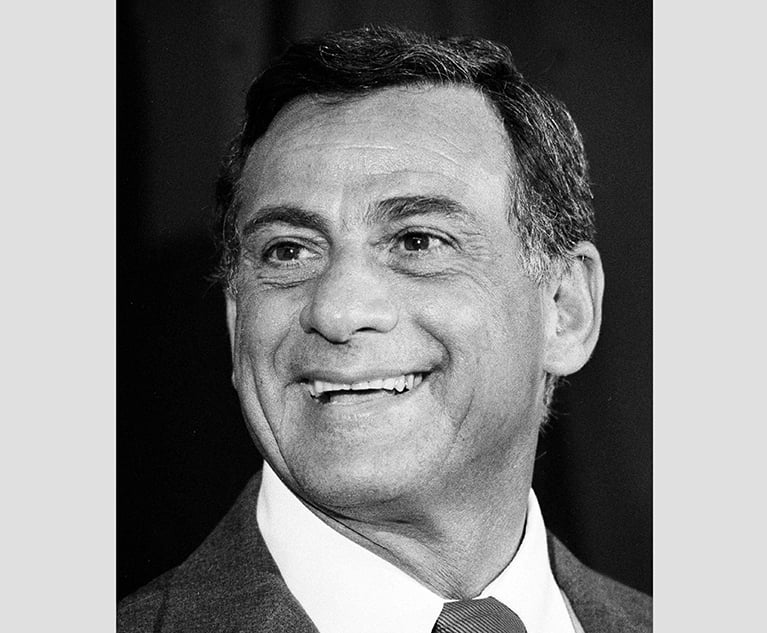 Security clearances will almost certainly become an even more valuable credential as our economy transforms amid the COVID-19 pandemic. The ever-increasing desirability of a security clearance has raised the stakes for those looking to gain or maintain a clearance in these economically uncertain times. Clearance holders have access to an exclusive and lucrative job market and on average earn close to $40,000 more than their counterparts without a clearance according to a recent survey conducted by the website ClearanceJobs. As national security attorney Mark Zaid lamented, “I call security clearances the Willy Wonka golden ticket … It opens incredible doors that otherwise would never be opened, and they typically have a bigger pot of gold at the end of the rainbow than non-cleared positions.”
Security clearances will almost certainly become an even more valuable credential as our economy transforms amid the COVID-19 pandemic. The ever-increasing desirability of a security clearance has raised the stakes for those looking to gain or maintain a clearance in these economically uncertain times. Clearance holders have access to an exclusive and lucrative job market and on average earn close to $40,000 more than their counterparts without a clearance according to a recent survey conducted by the website ClearanceJobs. As national security attorney Mark Zaid lamented, “I call security clearances the Willy Wonka golden ticket … It opens incredible doors that otherwise would never be opened, and they typically have a bigger pot of gold at the end of the rainbow than non-cleared positions.”
While well over 30 million Americans have filed initial unemployment claims since mid-March, those employed in jobs that require a security clearance remain largely insulated from the economic volatility caused by the pandemic. Clearance holders and applicants with an eye toward the value and stability of a job with a clearance already understood the obstacles facing them as they moved through the vetting and reevaluation processes. As of the fourth quarter of 2019 the Defense Counterintelligence and Security Agency (DCSA) took an average of almost 10 months to completely evaluate an application for a TS clearance. The already laborious process now faces new challenges as social distancing measures continue change the way clearances are investigated and adjudicated.






